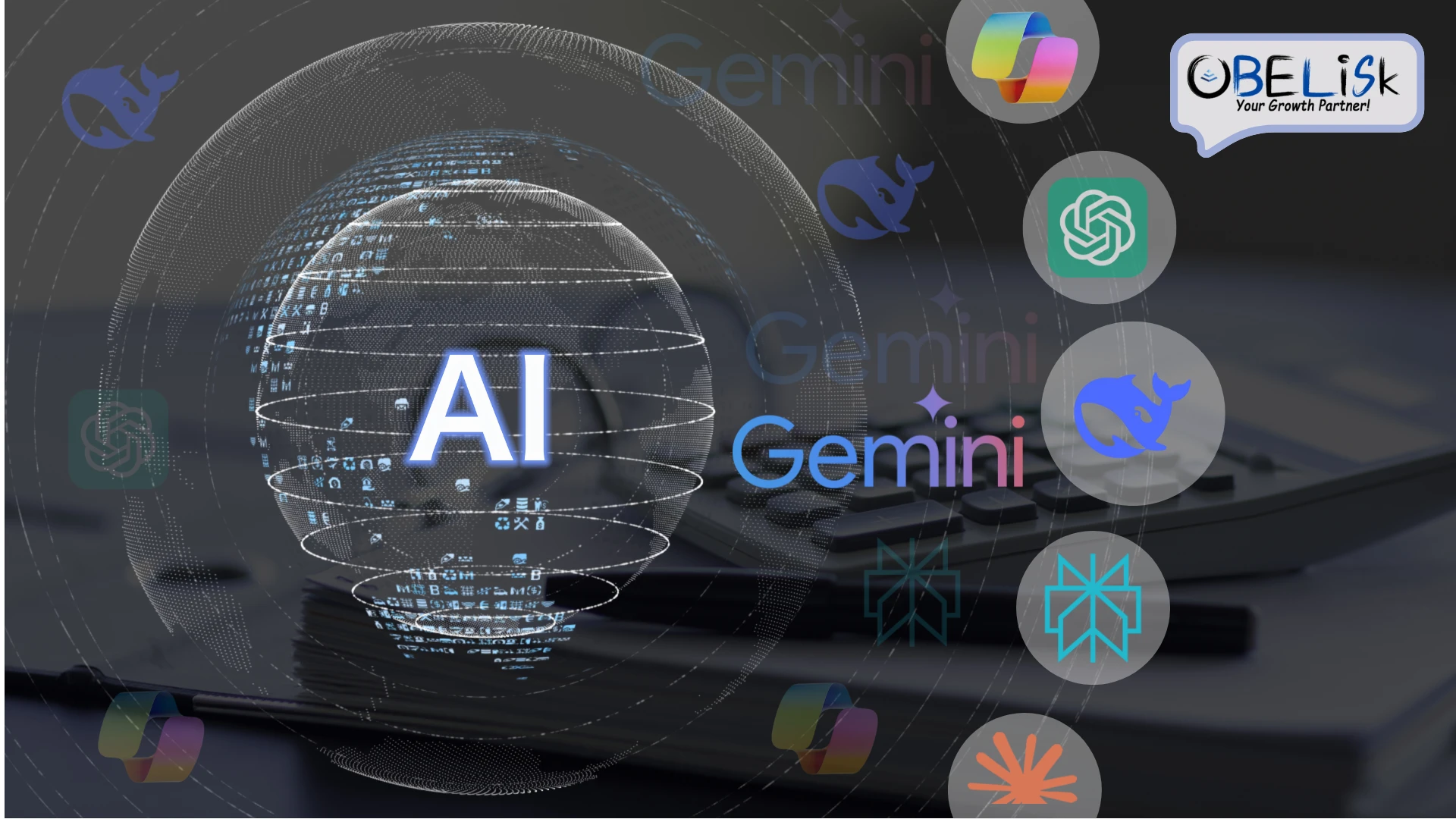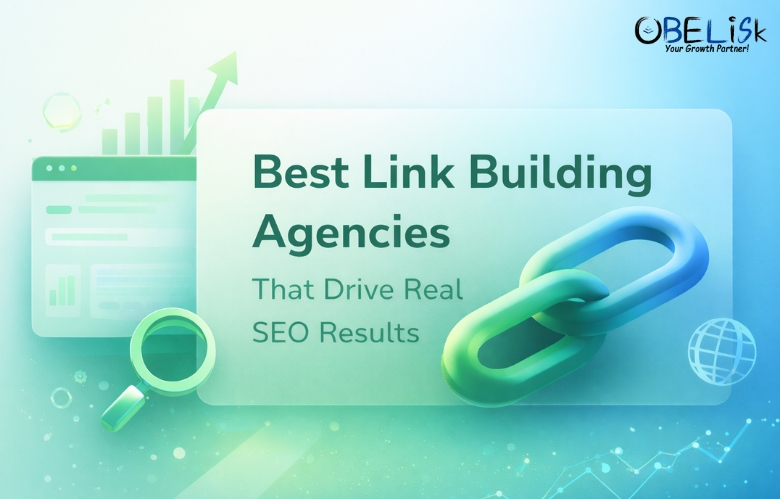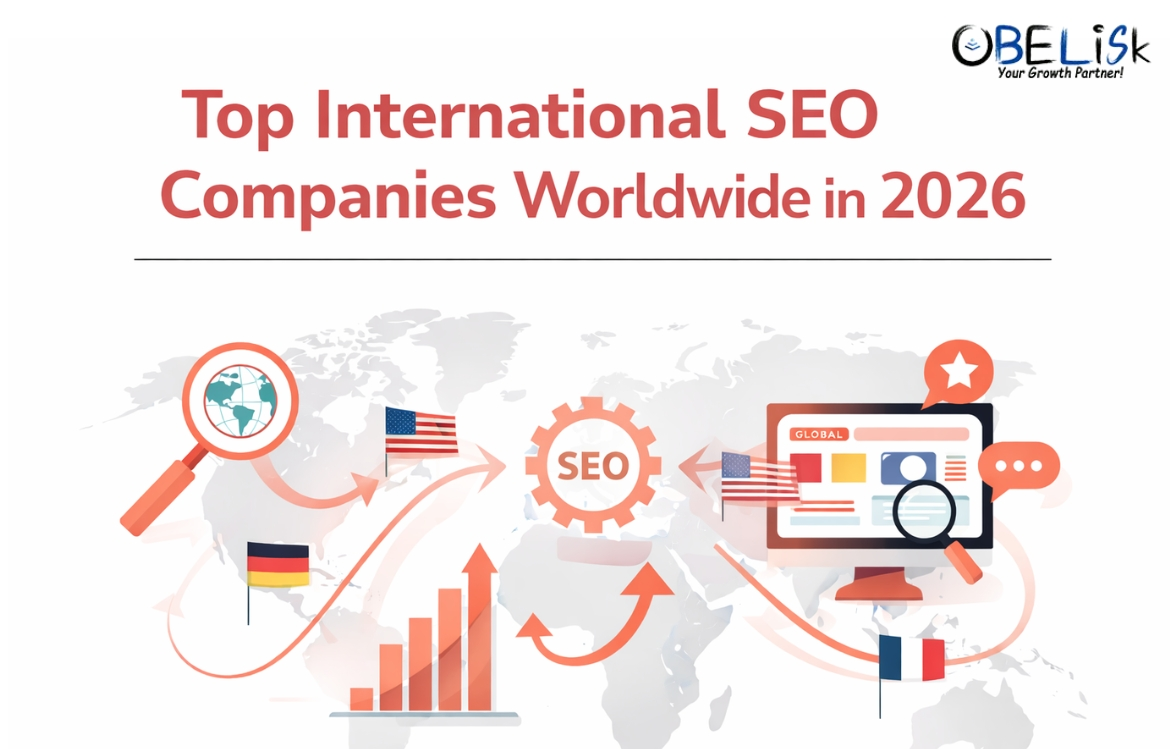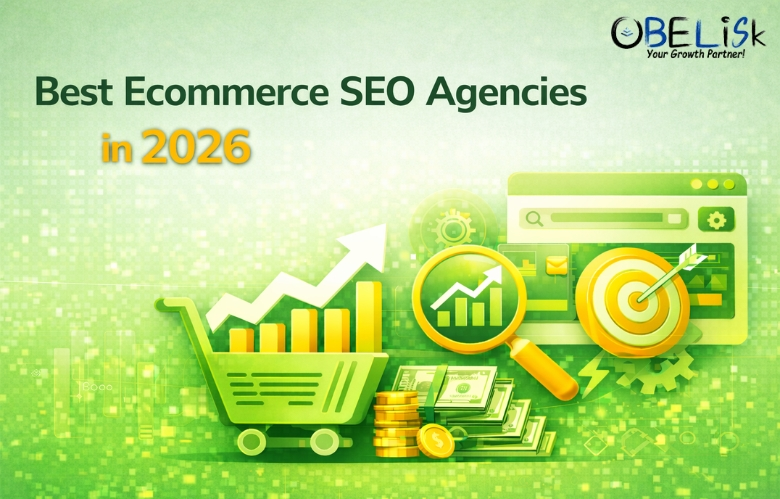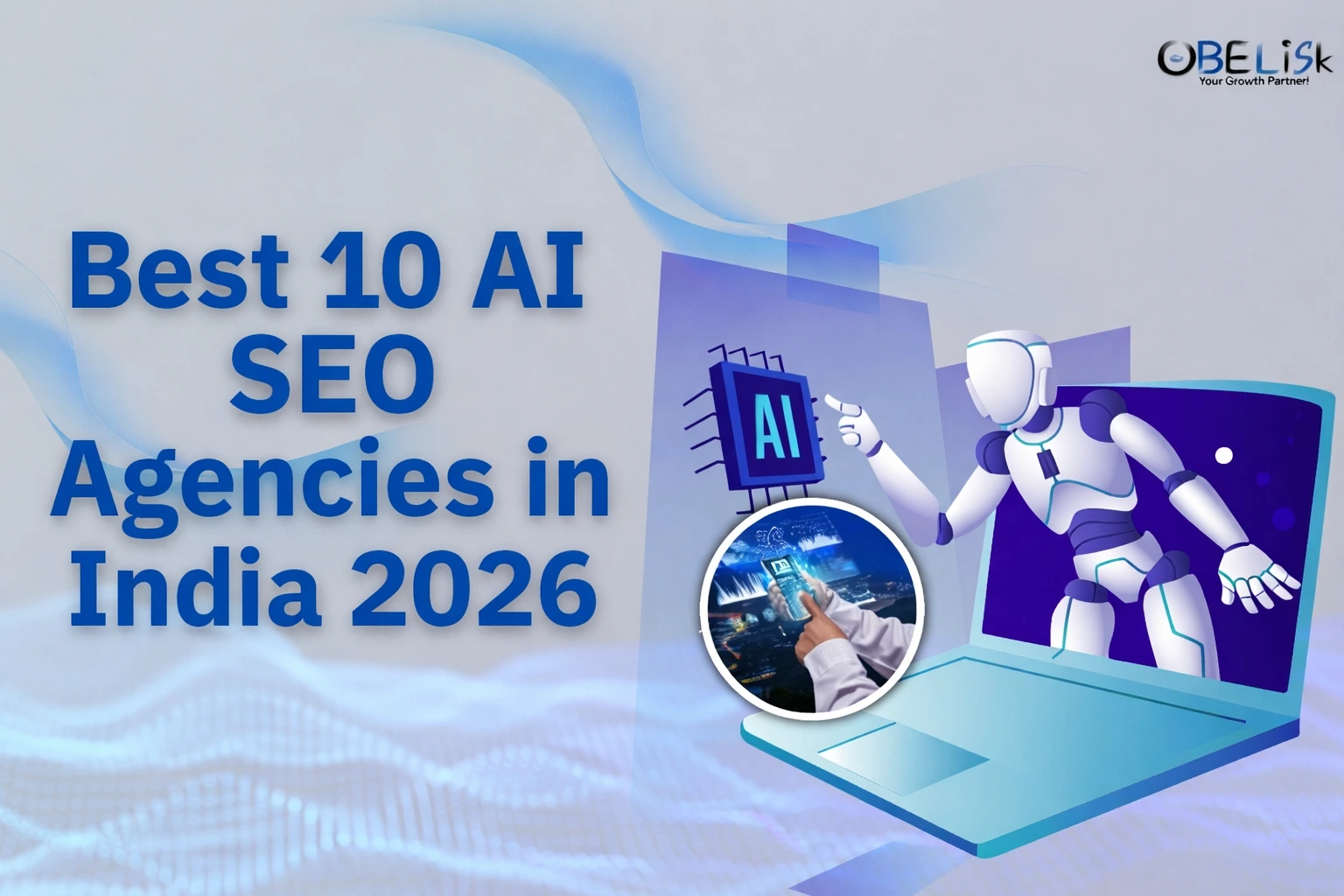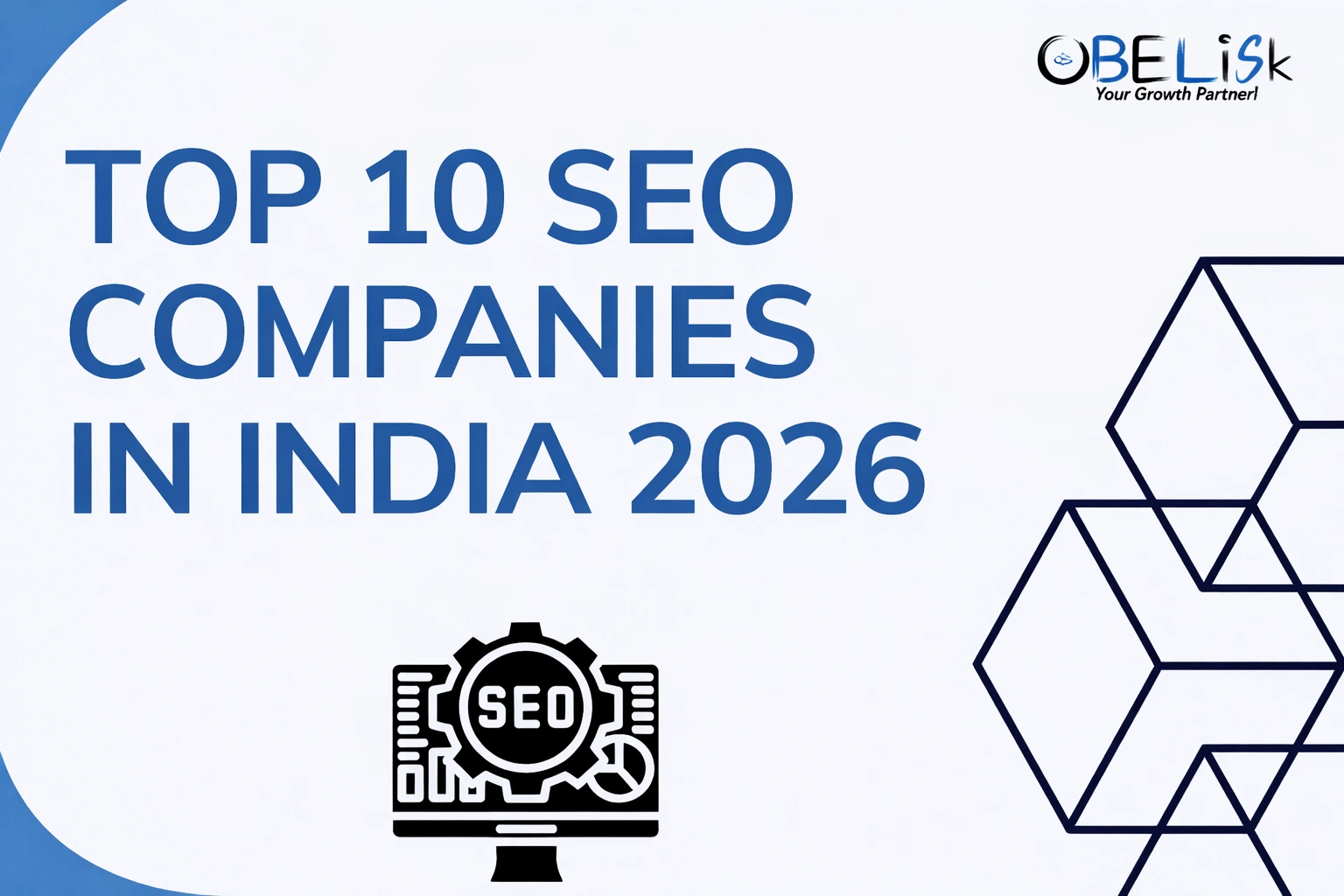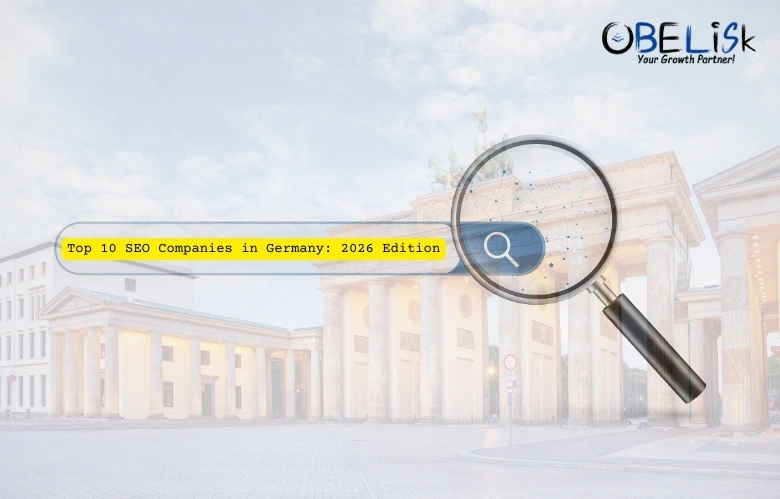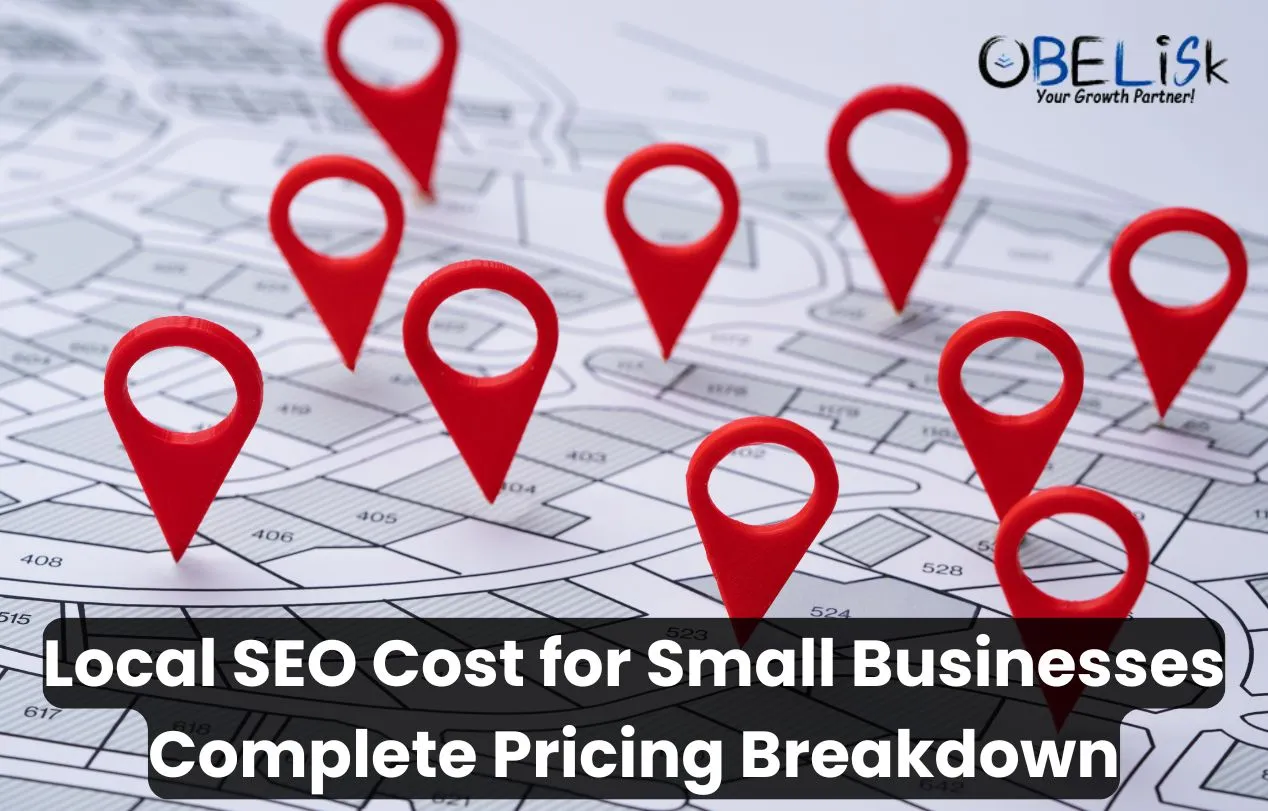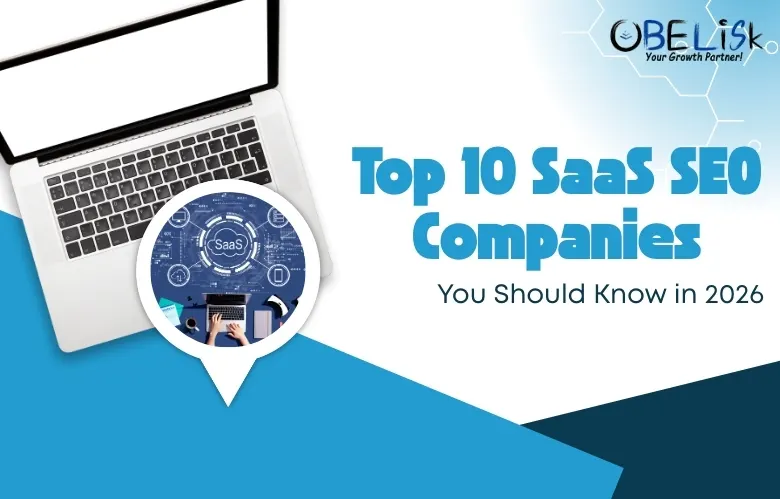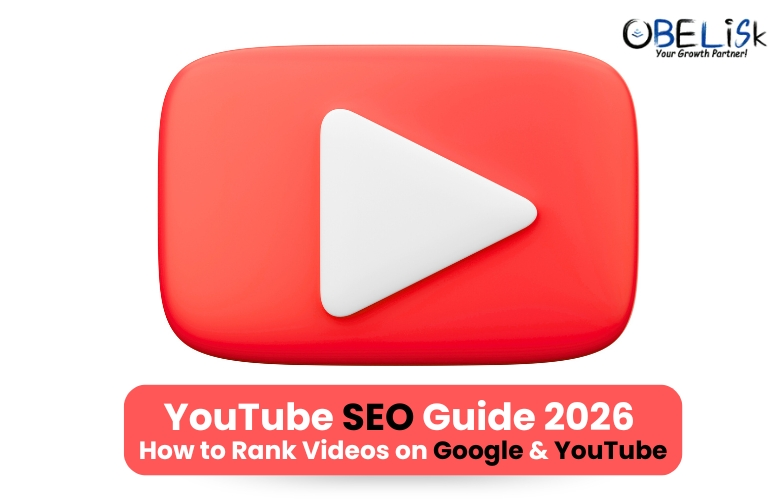With the age of digitization, AI has grown to remarkable heights, which has led to the development of various AI models in the market customized to meet different user requirements. For every person working in diverse fields, whether he’s a researcher, an IT professional, a student, or simply a person searching for his/her query on the internet, there are different AI models developed to cater to the specific needs of each individual. People are using these models to ease their tasks and generate quick results, especially in the field of digital marketing. Here, in this article, we will guide you through the strengths and weaknesses of various AI models and which one to use when to speed up your tasks with these AI models without compromising the quality of your work.
Comparing The Features Of Different AI Models
Various AI models have been created to suit the diverse requirements of the users. AI tools like DeepSeek, ChatGPT, Gemini, Copilot, Claude, Perplexity, and others are being used by people for a range of tasks nowadays. As these AI tools help to optimize the work projects efficiently, it is important to have the needful knowledge about the features, strengths, and weaknesses of these tools to employ them for different tasks.
DeepSeek
DeepSeek has recently come into the limelight as a newly emerged AI model that works to provide high-quality, context-aware responses. It mainly focuses on detail and precision in its outputs. Developed by a Chinese AI firm, the new model is available for commercial use. It works as an open-source large language model (LLM). The advanced model excels in reasoning, mathematical, arithmetic tasks, and coding in its different visions. This makes it a reliable tool for some of the complex tasks to do.
Advantages:
- The tool is cost-effective to use.
- Known for delivering excellent results.
- Efficient in managing difficult tasks like coding, etc., and can be used for critical problem-solving.
- The tool is compatible with OpenAI and intended for professional and research-focused tasks.
Limitations:
- Needs technical expertise to use.
- Offers limited language support (primarily English and Chinese).
- Requires computational power, advanced features are only available with a subscription.
- Requires a stable internet connection to work properly, thereby, limiting offline usability.
ChatGPT
ChatGPT, as you might know, is the most widely used AI model. Developed by OpenAI, the tool is capable of handling a wide range of tasks simultaneously with high versatility. ChatGPT is mostly advantageous for fast content generation and customized user-friendly responses and is beneficial for tasks related to research and especially for writing. However, the tool is limited by some limitations like inaccuracy, privacy concerns for users, issues with originality, and some ethical concerns. But, the issues can be resolved if used carefully with expertise.
Advantages:
- The tool is easy to use.
- Best for quickly generating content creation ideas.
- Offers flexibility, personalization, and inventiveness.
- Have simple language comprehension and translation capabilities.
Limitations:
- Can provide inaccurate information sometimes.
- Lacks emotional connection in its content.
- Some privacy issues, over-reliance on the tool, and a restriction on one’s capacity for creativity and analysis.
Gemini (Google)
Gemini is Google’s advanced generative AI model. While less known than ChatGPT, the Gemini is designed to incorporate seamlessly with Google’s community and is known for its reliability, accuracy, high efficiency, and context-aware responses. The generated responses are customized as per the individual preferences according to their past encounters. This gives a more natural response and human-friendly experience to users.
Advantages:
- The tool is genuine and authentic and works in accordance with Google’s ecosystem.
- Have a conversational nature for user engagement, scalable solutions, and highly personalized results.
- Offers flexible pricing options for long-term use.
Limitations:
- Needs extensive customization.
- Has issues with user-data handling, and is limited to generalist tasks.
Perplexity
The Perplexity AI model is specifically designed to provide precise, accurate answers to different user queries also including citations and sources. This AI-powered search engine offers a conversational tone with needful source citations included. Thereby helping users search naturally for any information they want. The tool uses natural language processing (NLP) to analyze user queries based on context. In addition, the tool also allows follow-up suggestions for improper searches.
Advantages:
- The free version and easy to use.
- Have a conversational tone using NLP.
- Provides source citations that are unavailable with other AI models.
- Offers flexibility, and the ability to organize user queries strategically.
Limitations:
- The information can be inaccurate and questionable, sometimes.
- Gives repetitive responses.
- Have issues with third-party LLMs access.
Copilot (GitHub/Microsoft)
Copilot is powered by OpenAI’s models. Type of coding assistant developed by GitHub. The tool specializes in assisting with writing codes for the developers. Copilot proves to be excellent at debugging, completing codes, and suggesting best practices. The tool works well with common IDEs and coding environments. Though the tool fosters creativity, it can also make people depend on itself like other AI models.
Advantages:
- Enhance collaboration.
- Helpful for developers learning new programming languages.
- The tool proves to be beneficial for productivity, and real-time updates.
Limitations:
- Not suitable for general use.
- Limited to coding assistance.
- Have privacy concerns, dependability, issues related to error codes, and security vulnerabilities.
Claude
Developed by Anthropic, Claude is purely designed to be honest, helpful, and harmless to users. It is known for its user safety system and AI ethical practices. The tool works in accordance with the user requirements and has a strong ethical AI base. This AI model also works well for creative writing and proves to be good at performing conversational tasks. One can also utilize the generative AI model for AEO content strategy. The tool also has an outstanding ability to understand long conversations.
Advantages:
- Known for user safety & ethics.
- Ability to understand long texts.
- Have context awareness, and can summarize large volumes of information precisely.
- Understand codes.
Limitations:
- Small user base.
- Limited creativity may provide inaccurate responses, sometimes
- There are limitations to the free version.
- The tool cannot generate images.
This was all about the different AI models. Each one has its own advantages and limitations. However, all these AI tools have become crucial for businesses to employ in different tasks. Though AI tools can sometimes prove to be very helpful, one should also keep in mind their limitations and inaccuracy. Such issues can be easily resolved by implementing your own expertise to the tasks without solely relying on these AI tools.
Conclusion
- The DeepSeek AI model is best suited for research, data analysis, and professional tasks.
- The ChatGPT is best to use for general-purpose AI, educational purposes, assistance with content marketing, coding, and customer support.
- Google’s Gemini is best suited for real-time information retrieval, Google’s community integration, and productivity tools.
- The Perplexity AI model is best used for quick checking, research, and retrieving information in one go.
- Copilot is suitable to use for developers in coding assistance, debugging, and software development.
- Claude is good for general conversation and creating content and is the best tool if you are looking for an ethical AI application.
Final Verdict
The landscape of AI models is vast and diverse, with each tool tailored to meet specific user requirements. DeepSeek works well for complex tasks that require mathematical and coding abilities, making it ideal for research and professional use. ChatGPT remains the most versatile model, excelling in content creation and user engagement despite its limitations. Google’s Gemini offers personalized experiences, particularly beneficial for those integrated into the Google ecosystem. Meanwhile, Perplexity stands out for its accuracy and source citations, making it a valuable tool for information retrieval. Copilot proves beneficial for coding assistance, debugging, and software development whereas, on the other hand, Claude is the best ethical tool for general conversation and content generation tasks. Here, at Obelisk Infotech, we combine our original expertise with these AI models that have become crucial to use in today’s digital era. If you want to know more about the company profile, do visit our LinkedIn.

